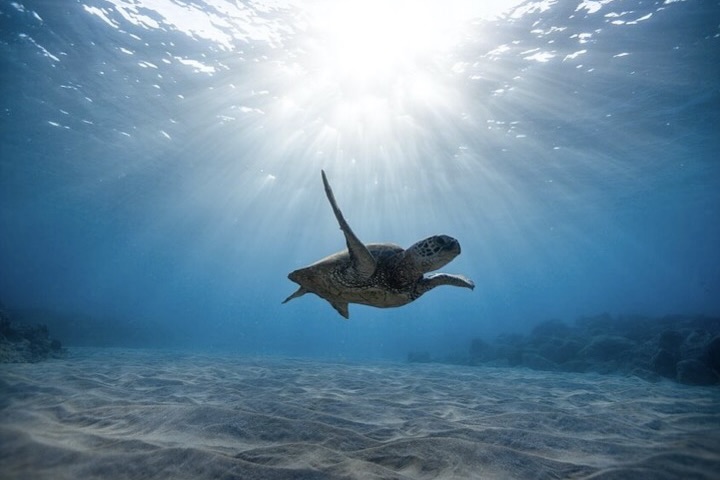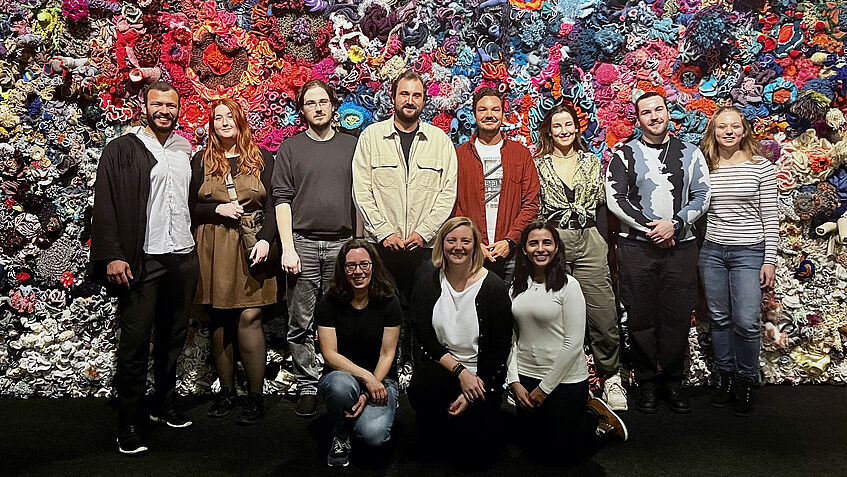Assoc.-Prof. Dr. Jillian Petersen

Animals and plants evolved in a “sea” of microbes. It is therefore not surprising that the vast majority have evolved to rely on microbes for aspects of their health, development, nutrition, and productivity. Jillian Petersen’s group contributes to this rapidly expanding research field. Her work focuses on beneficial interactions between marine invertebrate animals and their sulfur-oxidising bacterial symbionts, as well as marine and terrestrial plant-microbe interactions. The goal is to understand how the symbiotic partners establish and maintain their intimate relationship from generation to generation, and how these associations evolved in such diverse and widespread habitats, from deep-sea hydrothermal vents to shallow water seagrass beds.
Jillian and her group use the full suite of methods for understanding diversity and function of uncultured microbes in natural habitats, including high-throughput sequencing, single-cell imaging, and isotope tracing, among many others. She has received an ERC Starting Grant in 2018, an ERC Consolidator Grant in 2023, is a Board Member for the FWF, and Editor-in-Chief of the ISME Journal.
Research Topics
400 Million Years of Symbiosis: Marine Lucinid Clams and their Sulfur-oxidizing Symbionts
We investigate host-microbe mutualisms in diverse host animal groups, but our main experimental models are lucind clams that host a specific species of sulfur-oxidizing bacteria in their gill cells. Lucinid clams are found worldwide in shallow marine habitats such as coastal seagrass sediments that are easily accessible for sampling. There are hundreds of species of lucinids currently known, and almost every one of these hosts its own specific symbiotic microbes. The symbiotic bacteria are chemosynthetic, which means they use chemical energy from the environment to synthesize sugars and other molecules needed by the host. This ancient and highly successful partnership has resulted in a reduction of the length and complexity of the clam’s digestive tract over evolution, as it relies on its gill symbionts for nutrition.
Selected topics:
- Genomic mechanisms underpinning host-microbe interactions
- Evolution of host-microbe interactions
- Host-microbe-environment interactions
- Influence of hosts and symbionts on nutrient cycling in coastal habitats
- Fundamental research on terrestrial root nodule symbioses
- In situ imaging of symbiont identity and activity




